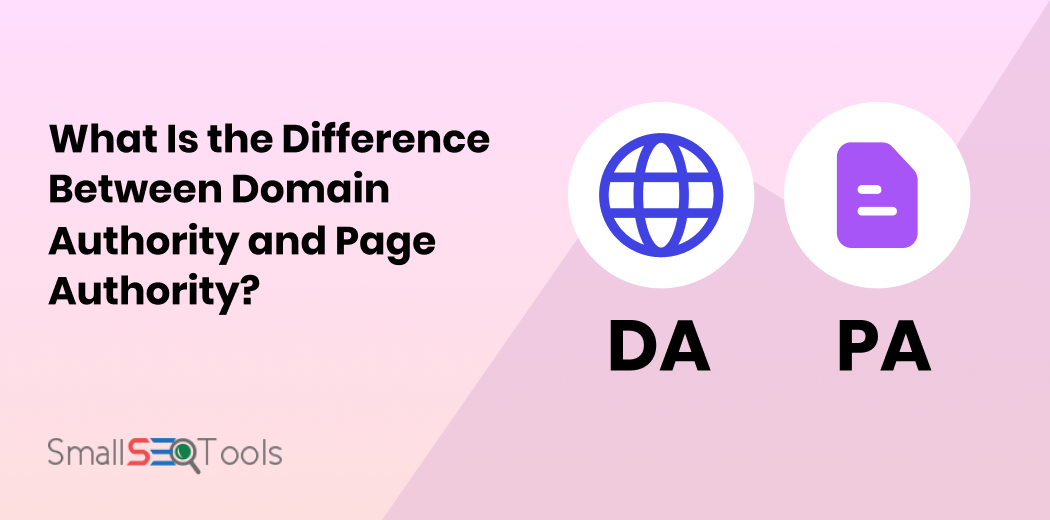How to Target Better Keyword Advertising on Twitter

According to marketing professionals, it’s never a bad time for companies to re-think their strategy for social media marketing, especially when the social networks themselves are handing out free advice. In 2013, Twitter started to introduce keyword targeting in timelines – a feature that has emerged as an essential part of the company's advertising platform. Towards the end of 2014, Twitter surprised marketers with some helpful tips on how they can make the most out of keyword targeting in their campaigns. If you’re not already utilizing keywords in your timelines, then you should start adding this feature to your social media toolbox. So how do you get better keyword targeting?
1. Change how you Search
The way that keywords work on Twitter is quite different from the way that they work on search engines. When someone enters their query into Google, they often know that they’re talking to a machine, whereas on Twitter, users communicate with real people. For example, imagine that you run a company selling maternity clothes – the keyword phrase “maternity clothes” is less likely to reach as many people on Twitter as the key phrase “We’re having a baby!” Look at the trends of what people actually post on Twitter before you start optimizing for a specific keyword or phrase.
2. Get Your Timing Right
According to Twitter, everything you post sends a signal about you – what you are experiencing, feeling, or thinking at that moment. That means that if a lot of people are talking about keywords relevant to your brand, you should be taking advantage of the moment – especially if those keywords also link to a trending topic. Plan your campaigns according to the moments in people’s lives when they might realize that they need your products. If there’s a trending topic on plus-size models, and you sell plus-size fashion, then you should be ready to dive into action.
3. Think about Analytics
Twitter gives users the opportunity to assess just how well particular keywords are performing through analytical tools, which can help you to decide which phrases will work best for your campaign. Try to create a campaign that uses a set of closely-themed keywords, and start a rhythm for optimization. Once you have gathered enough data, you will be able to evaluate the engagement rate of your chosen keywords and decide whether you need to switch them for something else.
4. Search for Balance
When it comes to selecting keywords, you need to make sure your phrases are relevant, without being too restrictive. Often, on Twitter, the broader your keywords are, the better. Try to find a balance between wide reach, and precision. Remember, for each keyword that you select, there could be similar variants or synonyms that reveal the same aspect of your message. For example, the keyword “writer” would be great for individuals using that particular term, whereas “write” would engage a far wider audience.
5. Engage with your Audience
Try to make sure that the keywords you use reach out to the people who have already engaged with your tweets in the past. People who are already re-tweeting your posts are more likely to continue interacting with your brand – and developing conversions. Check what your current customers write about when referring to you, and utilize that in your keyword optimization.











